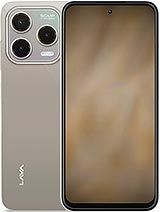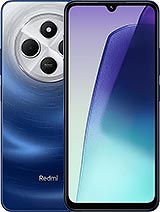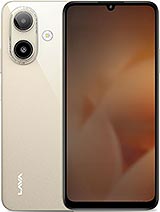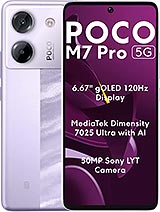Lava Shark 5G alternatives
Tap above to see alternatives.
vivo T4R alternatives
Tap above to see alternatives.
Lava Shark 5G

Lava Shark 5G
-
Unisoc T765
6 nm
-
5000 mAh
18W
-
6.75"
720 x 1612 pixels
-
13 MP
1080p@30fps
-
Specs

2.3 GHz, Dual core, Cortex A76
2.1 GHz, Hexa Core, Cortex A55
4x2.6 GHz Cortex-A78
4x2.0 GHz Cortex-A55
8GB 256GB (UFS 2.2)
12GB 256GB (UFS 2.2)
(wide), AF
f/1.79, (wide), 1/1.95", 0.8µm, Sony IMX882, PDAF, OIS
2 MP
f/2.4, (depth)
1080p@30/60fps, gyro-EIS
f/2.45, (wide), 1/3.1", 0.7µm
1080p@30/60fps
SIM1: Nano, SIM2: Nano
SIM1: Nano, SIM2: Nano
FDD: N1, N5, N8, N28
TDD: N40, N77, N78
FDD: N1, N3, N5, N8, N28
TDD: N40, N77, N78
FDD: N1, N3, N5, N8, N28
TDD: N40, N77, N78
FDD: N1, N3, N5, N8, N28
TDD: N40, N77, N78
In this performance comparison, the vivo T4R with its MediaTek Dimensity 7400 (4nm) performs better than the Lava Shark 5G with the Unisoc Unisoc T765 (6nm), thanks to superior chipset efficiency.
vivo T4R features a superior AMOLED display, while Lava Shark 5G comes with an LCD panel. In terms of smoothness, vivo T4R offers a higher 120 Hz refresh rate, ensuring fluid scrolling and animations. Both devices deliver the same brightness level at nits. Notably, vivo T4R offers a higher screen resolution, resulting in sharper visuals and more detailed content.
vivo T4R features a larger 5700 mAh battery, potentially delivering better battery life. vivo T4R also supports faster wired charging at 44W, compared to 18W on Lava Shark 5G.
vivo T4R offers better protection against water and dust with an IP69 rating.
- Lava Shark 5G – Check price here
¹ Scores can vary even with the same chipset due to RAM, thermals, and software optimization.











